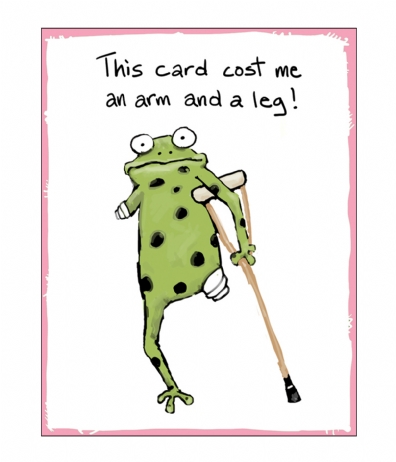Ze Langadzh of ze Urop
(You will understand this title when you read the text)
The European Commission has just announced an agreement whereby English will be the official language of the European Union rather than German, which was the other possibility. As part of the negotiations Her Majesty's Government conceded that English spelling had some room for improvement and has accepted a 5 year phase-in plan that would be known as "Euro-English".
In the first year, 's' will replace the soft 'c'. Sertainly, this will make the sivil servants jump with joy. The hard 'c' will be dropped in favour of the 'k'. This should klear up konfusion and keyboards kan have one less letter.
There will be growing publik enthusiasm in the sekond year when the troublesome 'ph' will be replased with the 'f'. This will make words like 'fotograf' 20% shorter.
In the third year, publik akseptanse of the new spelling kan be expekted to reach the stage where more komplikated changes are possible. Governments will enkourage the removal of double leters which have always been a deterent to akurate speling. Also al wil agre that the horibl mes of the silent 'e' in the languag is disgrasful and it should go away.
By the 4th yer peopl will be reseptiv to steps such as replasing 'th'with 'z' and 'w' with 'v'. During ze fifz yer, ze unesesary 'o' be dropd from vords kontaining 'ou' and similar changes vud of kors be aplid to oza kombinations of letas.
After ziz fifz yer ve vil have a rali sensibl riten styl. Zer vil be no mor trubl or difikultis and evrivun vil find it ezi tu anderstand ech oza. Ze drem of an united Urop vil finali kum tru!
